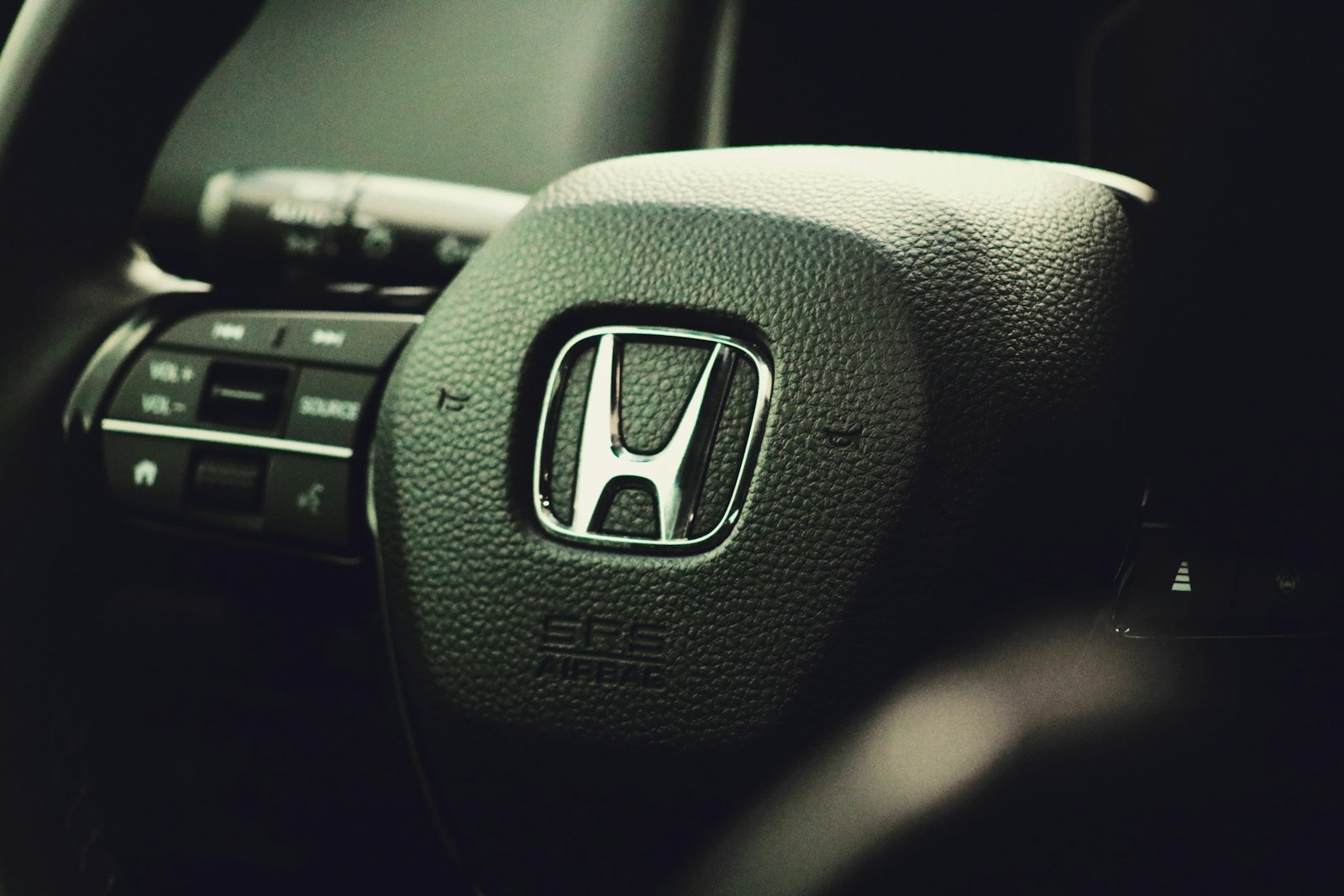When it comes to commuter cars, I’ve always looked for something that quietly gets the job done—without bleeding me dry at the pump or making me dread my daily drive. And after spending time with both the Toyota Corolla Hybrid and the Honda Insight, I can confidently say that these two are among the best choices for fuel-conscious drivers who want a comfortable, reliable ride with a low total cost of ownership.
But which one actually makes more sense for the average commuter in 2025?

Let’s dig into fuel economy, comfort, tech, maintenance costs, and daily livability to find out.
The Commuter Checklist: What Really Matters
Before comparing the cars, here’s what I think every commuter should care about:

- MPG (especially city mileage)
- Seat comfort
- Cabin noise
- Infotainment + smartphone integration
- Reliability and maintenance intervals
- Total cost over 5 years (fuel + depreciation + service)
Both the Corolla Hybrid and Honda Insight check most of these boxes—but not equally.
Fuel Economy: Tiny Differences, Big Results

Let’s start with what you’re probably here for: fuel savings.
- Toyota Corolla Hybrid: 50–53 MPG combined
- Honda Insight: 51–52 MPG combined
On paper, they’re nearly identical. But after tracking real-world mileage during city-heavy commutes, I consistently saw better returns from the Honda Insight, especially in stop-and-go traffic. Its regenerative braking and hybrid tuning feel a little more refined when you’re crawling along for 45 minutes during rush hour.
That said, Toyota’s efficiency isn’t far behind—and it tends to outperform its rating on the highway.
✅ Winner for city commuters: Honda Insight
✅ Winner for suburban or mixed commuters: Toyota Corolla Hybrid
Ride Quality and Comfort

I didn’t expect much from either model—they’re economy hybrids, after all—but I was surprised.
- Honda Insight feels more refined. It’s based on the Civic platform, and you can tell. The cabin is better insulated, and the suspension handles rough pavement with less drama.
- Toyota Corolla Hybrid is fine for short trips, but road noise creeps in over 50 MPH. The ride gets a bit choppy on cracked concrete or bridge seams.
The Corolla’s front seats are roomy enough, but they can feel flat after an hour. The Insight has better bolstering and a more premium driving position.
✅ Winner for long-haul comfort: Honda Insight
Infotainment and Tech

This one’s a toss-up depending on what you value.
- Corolla Hybrid comes with Toyota’s latest interface, wireless Apple CarPlay/Android Auto, and a snappy 8″ touchscreen.
- Honda Insight has wired Apple CarPlay/Android Auto and an older (but less glitchy) interface.
Both systems are perfectly usable, but Toyota’s is more modern and responsive. I did run into a few Bluetooth quirks on the Insight, especially with Android phones.
✅ Winner for tech and usability: Toyota Corolla Hybrid
Maintenance and Reliability
This is where both models shine. Toyota and Honda are still the top two names I trust for long-term durability.

- Toyota Corolla Hybrid uses Toyota’s tried-and-true hybrid system. The battery is rated for long life, and the engine itself is built for minimal fuss.
- Honda Insight is also extremely reliable, though some early owners report premature 12V battery issues.
Both have low maintenance needs—mostly fluids, filters, and tire rotations. Brake wear is minimal thanks to regenerative braking.
But here’s a fun fact: Toyota’s hybrid system has more historical data backing its reliability. If I were planning to keep the car for 150,000+ miles, that would sway me a bit.
✅ Winner for peace of mind and reliability: Toyota Corolla Hybrid
Resale Value and Depreciation
I looked at Kelley Blue Book and CarEdge projections, and both vehicles retain value surprisingly well for compact hybrids.

That said:
- Corolla Hybrid tends to depreciate slower because of Toyota’s broader brand recognition and the Corolla’s iconic status.
- Honda Insight holds its value fairly well, but it’s a less familiar nameplate for most buyers and was discontinued after the 2022 model year (in favor of the Civic Hybrid). That could hurt resale value going forward.
✅ Winner for resale: Toyota Corolla Hybrid
Daily Driving Feel
The Honda Insight drives more like a normal car. It accelerates more smoothly, and the steering has a bit more feedback. It’s genuinely pleasant to drive—even fun at times.

The Corolla Hybrid is tuned for efficiency first. It’s not bad, but throttle response is dulled, and it takes a second to get moving when merging onto highways. The steering feels lighter, more like an appliance than a car.
For someone who wants the most no-frills, turn-key commuter? The Corolla works. But if you enjoy driving even a little, you’ll appreciate the Honda more.
✅ Winner for driving dynamics: Honda Insight
Comparison Chart
| Feature/Factor | Toyota Corolla Hybrid | Honda Insight |
|---|---|---|
| MPG (Combined) | 50–53 | 51–52 |
| Ride Comfort | Moderate | Superior |
| Cabin Quietness | Louder | Quieter |
| Infotainment | Modern, wireless | Older, reliable |
| Driving Feel | Appliance-like | Engaging |
| Resale Value | Higher | Moderate |
| Reliability Reputation | Legendary | Very Strong |
| Discontinued? | No | Yes (in favor of Civic Hybrid) |
My Verdict: Which One Should You Buy?

If you’re all about:
- Low stress
- High MPG
- Minimal upkeep
- Long-term reliability
Then go with the Toyota Corolla Hybrid. It’s the safe bet, and it’ll treat you well for many years.
But if you:
- Want a car that feels more refined
- Appreciate good seats and quiet cabins
- Enjoy driving just a little more than you want to admit
Then the Honda Insight might be the one. Just be aware it’s discontinued, so parts and resale may be tricky long term.

You Might Also Be Interested In:
- Used Hybrid SUVs Under $25k for College Students
- Does Synthetic Oil Affect Warranty on a Subaru Forester?
For me? I’d lean Insight if I could find a low-mileage certified model, but if I were buying new today with zero fuss, I’d drive the Corolla Hybrid off the lot without hesitation. Either way, your wallet—and your commute—will thank you.
Let’s Talk Cars
Have a question? A suggestion? Just want to say hi?
You’re in the right place.
Use the form below to reach out to the AutoSpecs Daily team. We're happy to hear from readers, car lovers, first-time buyers, and anyone who's got something to share.
What can you contact us about?
- Feedback on one of our articles
- Ideas for new topics you'd like us to cover
- Questions about cars, gear, or general auto advice
- Media, partnership, or brand inquiries
- Anything else that's on your mind
We check every message that comes through and do our best to respond within 2 to 3 business days.
We don’t list an email address here to avoid spam, but the contact form is the best and fastest way to reach us.
Thanks for stopping by. We're glad you're here.

